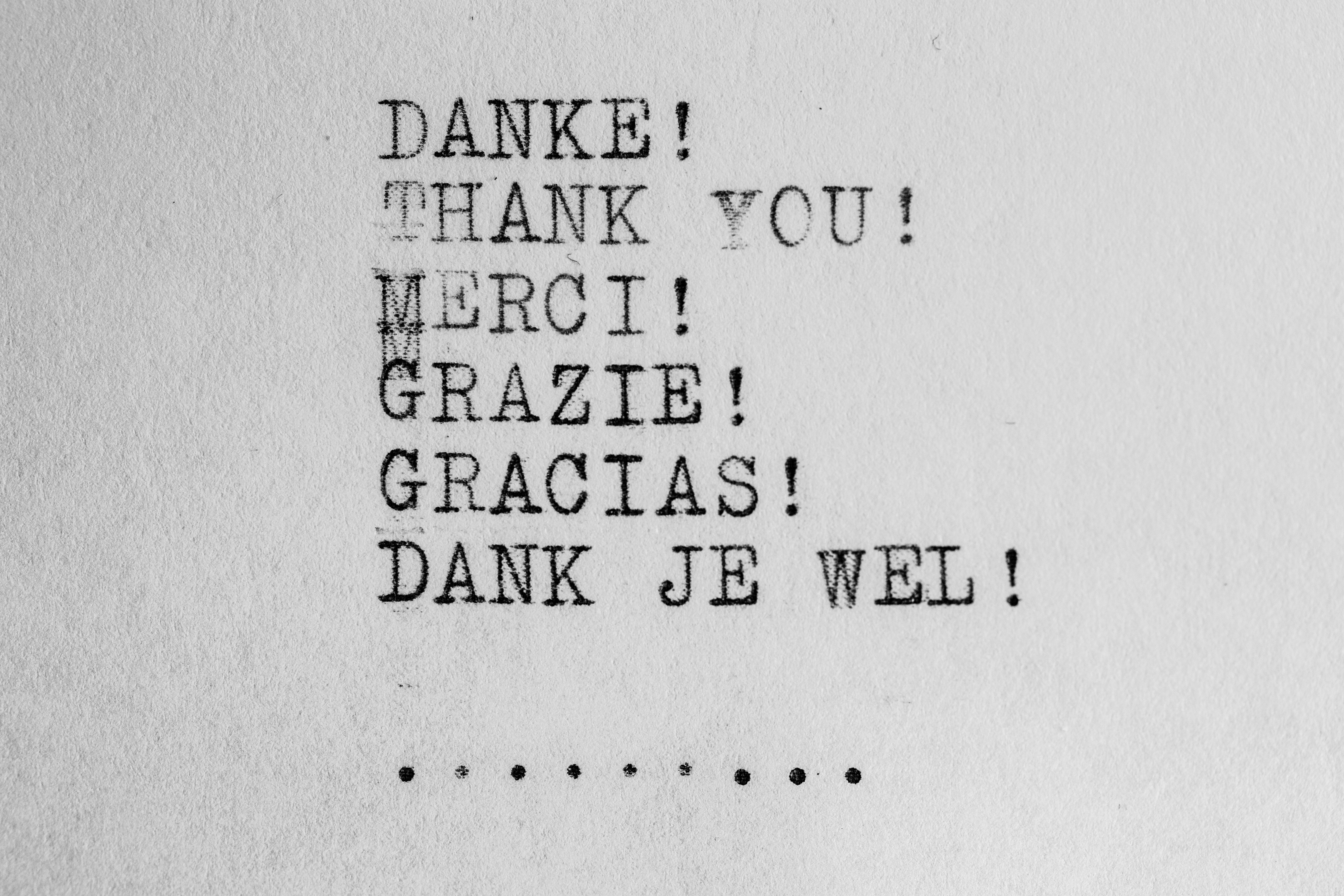Well, the day has arrived. I made it. I have reached the point of true middle age. I am now 45 years old. And now that I have, what should I do with that? Should I run off and have me an honest to goodness mid-life crisis? Should I start noticing every new gray hair that appears on my head? Should I stare intently at my face in the mirror and become discouraged that the wrinkles appear deeper and more pronounced? Should I throw healthy eating out the window and just let myself go, justifying it with the fact that I am closer to death now anyway?
All of these questions may sound absolutely ridiculous, but in some way, shape or form, I am pretty sure most of us who are getting older have dealt with negative feelings regarding these issues. Age comes without warning and we cannot stop it. We cannot turn back the clock no matter how many face creams we apply or hair dyes we use. We cannot avoid the sagging muscles or the creaking bones that just seem to not want to move as much. But even in all of this, God is there.
God allows us to age and He understands its implications. Although perhaps it could have been avoided if Adam and Eve had not sinned, it is all part of His plan. He is there with us during every moment we are tempted toward discouragement or despair. Our sadness can turn to joy as we accept each coming day with grace and even a sense of humor. Even now, I am joking with my husband about buying walkers instead of cars when we are elderly, and he says “Hey, walkers are sporty. They don’t have a roof, just like a convertible!”
I think one of the most important things to remember as we age is to continue our journey with the Lord. Although we may not be able to walk as much physically, we must persevere in our walk with God. We can remember to praise him through the storms of life, just as our Psalm declares: “I will give thanks to the LORD with all my heart…Great are the works of the LORD…gracious and merciful is the LORD…” We can remember the words of Jesus when he says “Whoever is not with me is against me, and whoever does not gather with me scatters” and continue to try to bring as many souls to him as possible. We can look heavenward instead of inward when we experience pain or trials.
Yes, our God is with us always, whether we are 1 or 100, and that is reason enough to rejoice!
El día ya amaneció. He llegado. Ha venido la verdadera mediana edad. Ahora tengo 45 años. Y ahora que los tengo, ¿qué debo hacer con eso? ¿Debería salir corriendo y tener una verdadera crisis de la mediana edad? ¿Debería comenzar a notar cada nueva cana que aparece en mi cabeza? ¿Debería mirarme fijamente la cara en el espejo y desanimarme al ver que las arrugas se ven más profundas y pronunciadas? ¿Debería dejar de lado la alimentación saludable y simplemente dejarme llevar, justificándolo con el hecho de que ya estoy más cerca de la muerte de todos modos?
Todas estas preguntas pueden sonar absolutamente ridículas, pero estoy bastante segura que la mayoría de los que nos estamos envejeciendo hemos tenido que lidiar con sentimientos negativos con respecto a estos temas de alguna forma. La edad llega sin previo aviso y no podemos detenerla. No podemos hacer retroceder el reloj a pesar de las cremas faciales que nos apliquemos o los tintes para el cabello que usemos. No podemos evitar los músculos flácidos o los huesos adoloridos que parecen no querer moverse tanto como antes. Pero incluso en todo esto, Dios está allí.
Dios permite que envejezcamos y entiende sus implicaciones. Aunque tal vez se podría haber evitado si Adán y Eva no hubieran pecado, todo es parte de su plan. Él está allí con nosotros durante cada momento en que nos sentimos tentados a desanimarnos o desesperarnos. Nuestra tristeza puede convertirse en alegría cuando aceptamos cada día que viene con gracia e incluso con sentido del humor. Por ejemplo, he estado bromeando con mi esposo sobre comprar andadores en lugar de automóviles cuando seamos mayores, y él dice: “Oye, los andadores son deportivos. No tienen techo, ¡igual que los convertibles!”
Creo que una de las cosas más importantes que debemos recordar a medida que envejecemos es continuar siguiendo al Señor. Aunque tal vez no podamos caminar tanto físicamente, debemos perseverar en nuestro caminar con Dios. Podemos recordar alabarlo en medio de las tormentas de la vida, tal como declara el Salmo de hoy: “Quiero alabar a Dios, de corazón… Grandiosas son las obras del Señor… El Señor es piadoso y es clemente…” Podemos recordar las palabras de Jesús cuando dice “El que no está conmigo, está contra mí; y el que no recoge conmigo, desparrama” y seguir tratando de llevar a él tantas almas como sea posible. Podemos mirar hacia el cielo en lugar de hacia nuestro interior cuando experimentamos dolor o pruebas.
Sí, nuestro Dios está con nosotros siempre, tengamos 1 año o 100, ¡y esa es razón suficiente para regocijarnos!
Feature Image Credit: Tehzeeb Kazmi, unsplash.com/photos/person-with-gold-ring-on-right-hand-nRVpZ97HJTA
 Tami Urcia grew up in Western Michigan, a middle child in a large Catholic family. She spent early young adulthood as a missionary in Mexico, studying theology and philosophy, then worked and traveled extensively before finishing her Bachelor’s Degree in Western Kentucky. She loves tackling projects, finding fun ways to keep her little ones occupied, quiet conversation with the hubby and finding unique ways to love. She works full time at Diocesan, is a guest blogger on CatholicMom.com and BlessedIsShe.net, and has been doing Spanish translations on the side for over 20 years.
Tami Urcia grew up in Western Michigan, a middle child in a large Catholic family. She spent early young adulthood as a missionary in Mexico, studying theology and philosophy, then worked and traveled extensively before finishing her Bachelor’s Degree in Western Kentucky. She loves tackling projects, finding fun ways to keep her little ones occupied, quiet conversation with the hubby and finding unique ways to love. She works full time at Diocesan, is a guest blogger on CatholicMom.com and BlessedIsShe.net, and has been doing Spanish translations on the side for over 20 years.












